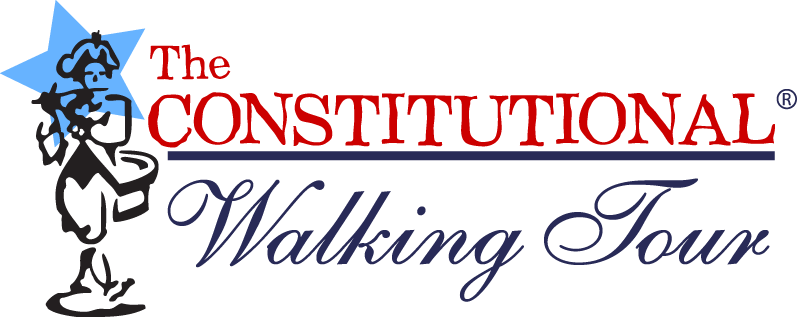For more information:
215.525.1776
info@TheConstitutional.com
A Woman's Right to Vote
The right to vote is a fundamental right enjoyed by all citizens of the United States of America who are eighteen or older. This right was not granted to women originally by the United States Constitution. When the Nineteenth Amendment to the United States Constitution was passed in 1919, it granted women the same right to vote that men enjoyed.
The social and political movement to secure women's voting rights was known as the "suffrage movement". Women's suffrage can be historically traced back to 1848 when the Liberty Party made suffrage a political cause in their party's platform. In the following seven decades, political and social activists like Elizabeth Cady Stanton, Alice Paul, and Susan B. Anthony worked tirelessly for the passage and ratification of the Nineteenth Amendment. Seventy years of suffrage eventually culminated in the passage of Nineteenth Amendment.
Susan B. Anthony once said that "no man is good enough to govern a women without her consent". A woman's right to vote is one of her most powerful privileges that she will ever posses. I believe the Nineteenth Amendment insures that women can participate equally with men in the most fundamental right provided to a citizen in a democracy. Women's voting rights gave women a voice in government to elect representatives of their choosing. By gaining the right to vote, women were enabled in social and political causes such as, equal pay, educational opportunity, and equal protection under the law. The sacrifices and struggles of brilliant women such as Susan B. Anthony, Isabella Beecher Hooker, and many more have resulted in the advancement of women's interest in the modern United States.



